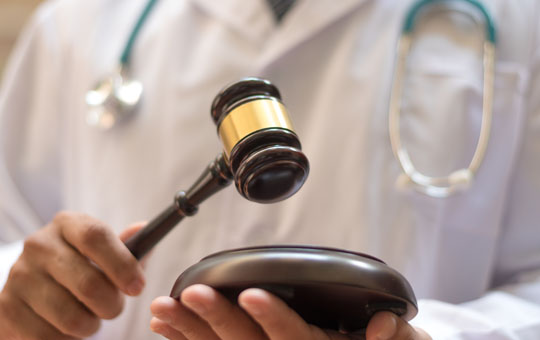Follow the conference on X #CoronerRole
“The coroner’s role is to find out who died and how, when, and where they died…. When a death is reported to a coroner, they:
• decide whether an investigation is needed; and if it is,
• investigate to establish the identity of the person who has died; how, when, and where they died; and any information they need to register the death; and,
• use information discovered during the investigation to help prevent other deaths.”
A Guide to Coroner Services for Bereaved People
“Attending a Coroner’s court to give evidence can be worrying if this is something you have never done before, or if you have previously had a challenging experience.”
NHS Resolution
“Engagement leads should ensure those affected are aware if there is to be a coroner’s inquest and give them information about what this will entail.”
Engaging and involving patients, families and staff following a patient safety incident NHS England
This virtual conference focus on the role of the Coroner and preparing and attending Coroner’s Inquests. The conference will also update delegates on the implications of the 2024 Death Certification Reforms and roles, responsibilities and information flows under the new system. From preparing for an inquest, to ensuring change occurs as a result of the prevention of future death reports and local learning the conference will provide an important update on the coroner role and inquest process.
“On 9 September 2024, a statutory Medical Examiner system was implemented in England and Wales. The new system means that every death is subject either to a medical examiner’s scrutiny or to a coroner’s investigation, ensuring that all deaths, without exception, are subject an independent review. The new arrangements will also ensure that cases are managed in the right parts of the system and, in particular, that only those deaths which require investigation are referred to the coroner. This is designed to enable better focusing of coronial resource which, in turn, is expected to support the reduction of inquest backlogs and delays. The medical examiner’s responsibilities include scrutinising the causes of death to ensure accuracy in certification and determining whether a death should be reported to the coroner. The introduction of medical examiners aims to reduce the number of unnecessary referrals to the coroner and decrease instances where deaths are referred simply due to the absence of a doctor who can certify a cause of death. This new process may affect the volume, complexity, and timeliness of cases reported to coroners.”
Ministry of Justice May 2025
The conferences will enable you to:
Understand the role of the Coroner
Reflect on a families experience and understand what families want from a Coroner investigation and inquest
Implications of the 2024 Death Certification Reforms
Learn from complex hospital inquests
Explore changes as a result of the Justice Committee’s Report on the Coroner’s Service
Understand the Coroner’s Investigation, Inquest & Duty to Investigate a Death
Develop your skills in preparing for attending an inquest including witness statements and giving evidence
Learn from the experience of Senior Coroners
Understand how you can improve support for staff who have to attend inquests
Identify key strategies for learning from Deaths and implementing Coroner PFD recommendations at a local level
Ensure you are up to date with the latest practice on which cases need to be referred to the coroner, and the role of the Medical Examiner in decision making
Self assess and reflect on your own practice
Supports CPD professional development and acts as revalidation evidence. This course provides 5 Hrs training for CPD subject to peer group approval for revalidation purposes
At our last event on this subject 100% of delegates would recommend the event to a colleague




